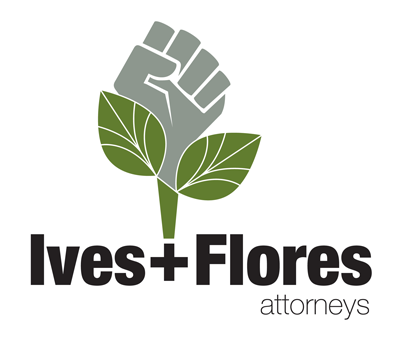There are times when driving down the road that we can come up with a possible explanation for flashing red and blue lights in the review mirror — maybe we were driving a little too fast or chose to go through a yellow light instead of stopping. But what about times when we cannot? What if we believe the officer has no justification for the stop?
First, even in these situations it is generally a good idea to pull over as quickly as possible in the safest area available. Next, we should prepare to show the officer our driver’s license, registration, and proof of insurance. Although likely frustrated because there does not seem to be a reasonable explanation for the stop it is important remain calm and polite but also keep in mind we have certain rights, including the right to remain silent.
When we look back at the stop, we may wonder if the police went too far. Two signs that they may have gone too far include the following.
#1: Police pushed for a search of the vehicle
If police witness criminal activity or have reasonable suspicion, they may be able to search the vehicle. If they do not, they may still ask the driver to let them search the vehicle. The driver has the right to say no; drivers do not have to agree to allow an officer to search the vehicle.
Drivers who do not consent to a police search of the vehicle must make this clear. It can be a red flag if, even after we say no to a request to search our vehicle, police keep asking in different ways. These requests are often casual. Examples could include “can I take a quick look at your stuff,” or “why don’t you pop open the trunk?”
#2: Police did not let you leave
Police can conduct a traffic stop if they witness a traffic violation or other potential criminal activity. The driver can ask the officer if they are free to leave. If the police do not let you leave, they have escalated the traffic stop to detention. The officer should have a reason to justify the detention. There is a possibility of a constitutional violation if they do not explain the reason for the stop or detention.
If the stop further escalates and the police arrest the driver, it is generally helpful to exercise the right to remain silent request legal counsel. An attorney can help guide you through the process and better ensure your rights are protected.
